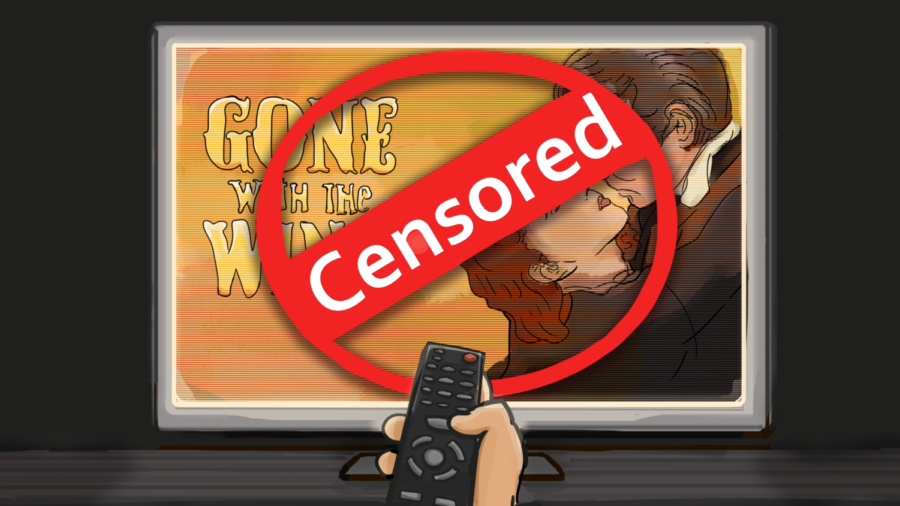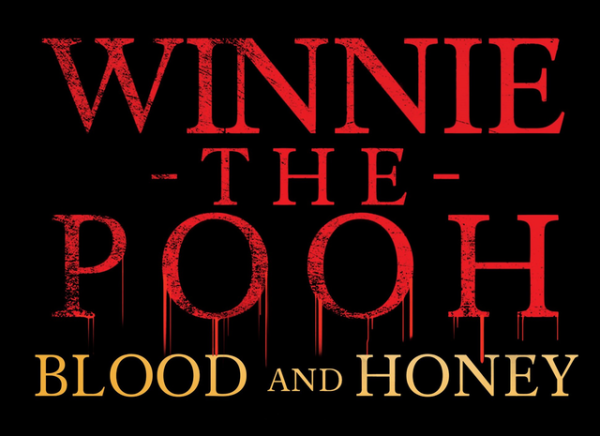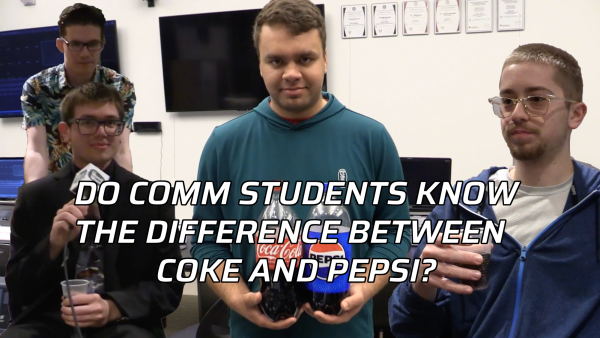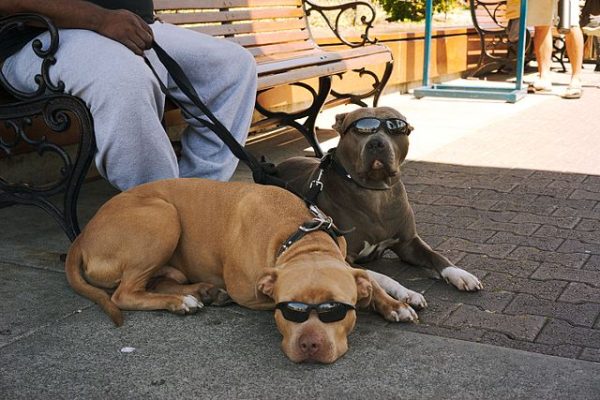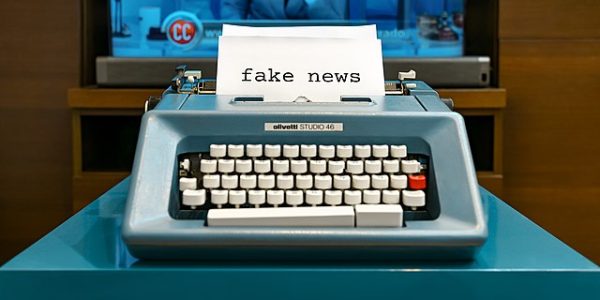OPINION: Don’t Delete The Past
Photo credit/ Jennifer Flynn
HBO Max removed “Gone with the Wind” before returning it with a warning at the beginning of the film.
Watching the two-episode Season 15 premiere of “It’s Always Sunny in Philadelphia” recently, I wasn’t expecting both episodes of such an infamously raunchy sitcom to have a political twist. Specifically, the second episode mentions previous Lethal Weapon fan movies made by the characters and how they were removed from their local library due to blackface.
I did some digging the next day, and indeed, not only were two different “Lethal Weapon”-themed episodes of this show absent from Hulu, but so were a number of others. Most, if not all, showed the amoral main characters wearing blackface, as well as casually saying things that could further offend people of color.
The focus of this article will not be on that show, primarily because the creators have long since apologized, and I want to give that show a second chance. I want to focus instead on the censoring and deletion of far older shows and movies for their portrayals of race, and why that is counterproductive to both the past and the future of our goal to live in harmony as humans.
As an example, take “Gone With the Wind,” a movie from 1939. It’s a love story set during the Civil War, and as such contains multiple scenes of African Americans being mistreated and stereotyped. The movie also features a scene that today would be classified as “marital rape.” In the wake of the Black Lives Matter movement last year, the film was booted from the streaming service HBO Max, then became the best-selling movie on Amazon for a couple of weeks, and later returned to HBO Max with a content warning delivered by Jacqueline Stewart, a professor at the University of Chicago and the first African American presenter of Turner Classic Movies (TCM). Intending to avoid controversy, HBO started a new one with the content warning, raising the question of whether old movies and shows that contain racist, xenophobic, and sexist content should be censored.
Now, to be fair, the company later admitted that putting the movie back up after enough time had passed had been their intention from the start. But after how much time, and would they have actually censored the movie had public interest and controversy not intervened?
Across the pond in England, the beloved 1975 sitcom “Fawlty Towers” recently had its sixth episode briefly removed by UKTV for all of two days before it was restored after public outcry. This was due to an early scene involving an old character named the Major, who was relating an anecdote that involved at least two racial slurs. Not only had the scene been cut from public airings–and justifiably so–for years prior without incident, but creator John Cleese has been on record saying the character was meant to represent the older generation that actually thought this way, not his own views.
In this case, the censorship controversy is a little more understandable. But, like in the United States, the companies involved assumed impressionable viewers would not realize when the show was made and instituted a content warning.
Would the scene, or potentially the whole episode, have been removed if people hadn’t raised a fuss? That remains unknown.
Whether it be something like Johnny Cash singing in front of a Confederate flag on an episode of “The Muppet Show” from the 1970s or the crows from “Dumbo” in the 1940s, just about everything from the past is being held up to a magnifying glass and scrutinized these days. Unfortunately, this truly means everything: aside from standing in front of a flag that symbolizes racism and the oppression of equal rights, Cash is just performing. And as for “Fawlty Towers,” despite how jarring the language was, it was just a passing scene that had no relevance to the plot.
I understand that, now more than ever, we are looking back in anger at what we as a society did before there was a public consensus that certain things were wrong. Now we seek to fix those mistakes. But deleting and censoring things is not the answer. Rather than destroying what we did wrong, we can watch what we did, learn from it and keep passing it down as a grave reminder of what not to do from here on out. Mindlessly deleting everything in an attempt to seem “good” and “moral” serves little purpose. It just seems to be an attempt to stave off the guilt of having white privilege.
And as for content warnings, I believe that they are a necessary evil in achieving this goal. While educating ourselves and future generations on why certain things were and still are wrong by showing them is the right thing to do, some people, understandably, may not want to view these things from the past. Rounding back to the example with “The Muppet Show”, despite how the Confederacy flag has nothing to do with what is currently happening, people who were demeaned by the flag may not wish to view it. So, Disney was right to add a content warning, stating that it was wrong and they no longer stand by the values of that flag.
Doing that, at least to me, is the best thing we can do to warn people who were affected by these things and are adverse to them that we are showing these things again so we can correct our mistakes.
I’d like to conclude with a quote found on some compilations of cartoons made by Warner Bros., such as the “Censored Eleven.” I think it sums things up pretty well.
“The cartoons you are about to see are products of their time. They may depict some of the ethical and racial prejudices that were commonplace in American society. …These cartoons are being presented as they were originally created, because to do otherwise would be the same as claiming these prejudices never existed.”
Couldn’t have said it better myself.
Contact the writer: [email protected]

Brianna is a junior studying Film and TV Production in the Multimedia Communication Department. She is also a member of the RPG club and a DJ for 91.7...



